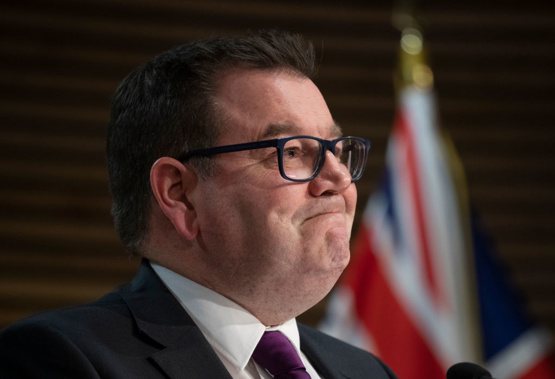
As New Zealand faced the brunt of a global pandemic, the Government spent $26,000 commissioning a novel about the collapse of democracy in an association of alpaca breeders.
As people lost jobs in droves, almost $50,000 was given to the Comedy Trust to examine what changes need to be made to better support a more diverse and sustainable comedy industry.
I’m not making this up.
Since the start of the pandemic, the Government has spent $57 billion on New Zealand’s economic recovery.
A lot of this money has been well spent – the wage subsidy scheme prevented what would have likely been an economic collapse.
But amongst the important, well-targeted spending is a smorgasbord of abject waste.
Billions and billions of dollars have been spent on projects that don’t come close to a semblance of sensible spending, let alone meeting the threshold for Covid Recovery.
Take the $18,000 for writing poetry that “explores indigeneity and love in the time of climate change,” for example.
It’s easy to take aim at the Creative NZ funding and to poke holes in what the Government’s decided to fund through its $55m “public interest journalism” fund.
And yes, although $21,800 for the writing music that forms a song-cycle from the suburban labyrinth is a relatively small amount when considering the Government’s mammoth budget, other larger projects are harder to ignore.
Some $26.7 million was spent on cameras on fishing boats, in the name of Covid recovery.
There was also $200m for the construction of a new building at the University of Auckland.
And a whopping $1.22 billion was spent on the jobs for nature scheme – as a little perspective, that’s enough to buy roughly 1000 houses in Auckland.
Are they important projects? Maybe. Should they have been the Government’s focus in these unprecedented times? Absolutely not.
The currency of politics is opportunity cost – what project has missed out on funding as a result of another getting the nod from the Beehive.
In the case of the Covid-19 Recovery Fund, every cent spent on commissioning podcasts, picture books and poetry is money not spent on New Zealand’s health care system.
Meanwhile, that very system is being stretched to its limits.
The Government’s top Covid-19 advisor, Sir David Skegg, said it best in a recent warning to MPs.
“[The health care system] is under a lot of stress at the moment, even without any significant problems from the pandemic.
“We have to all accept that we need to invest more in our health system.”
If the Government decides to abandon its Covid-19 elimination strategy, the strain on New Zealand’s already stretched hospitals will only get worse.
But by that point it will have been too late – the Covid fund’s already been mostly raided.
But there is some hope.
Tacked at the bottom of a Grant Robertson press release about New Zealand’s “strong economic momentum” was a fairly significant note.
Cabinet’s decided to allocate a further $7 billion to the Covid-19 Recovery Fund.
When added to the $3b that’s left in that fund, ministers have a tidy $10b extra to spend.
Although it’s a sixth the size of the overall Covid fund, it’s not an insignificant amount of money.
It needs to be spent properly, with New Zealand’s health care system at its focus.
That’s more hospital beds – not funding the instrumental arrangement of 10 songs for children, from ideas given by children.
More nurses – not paying for seven large domes in fiberglass for exhibition as exoplanets using satellite imagery.
More money for New Zealand’s hospitals – not funding for obscure and wasteful projects in the name of the ‘Covid Recovery’.
Take your Radio, Podcasts and Music with you









